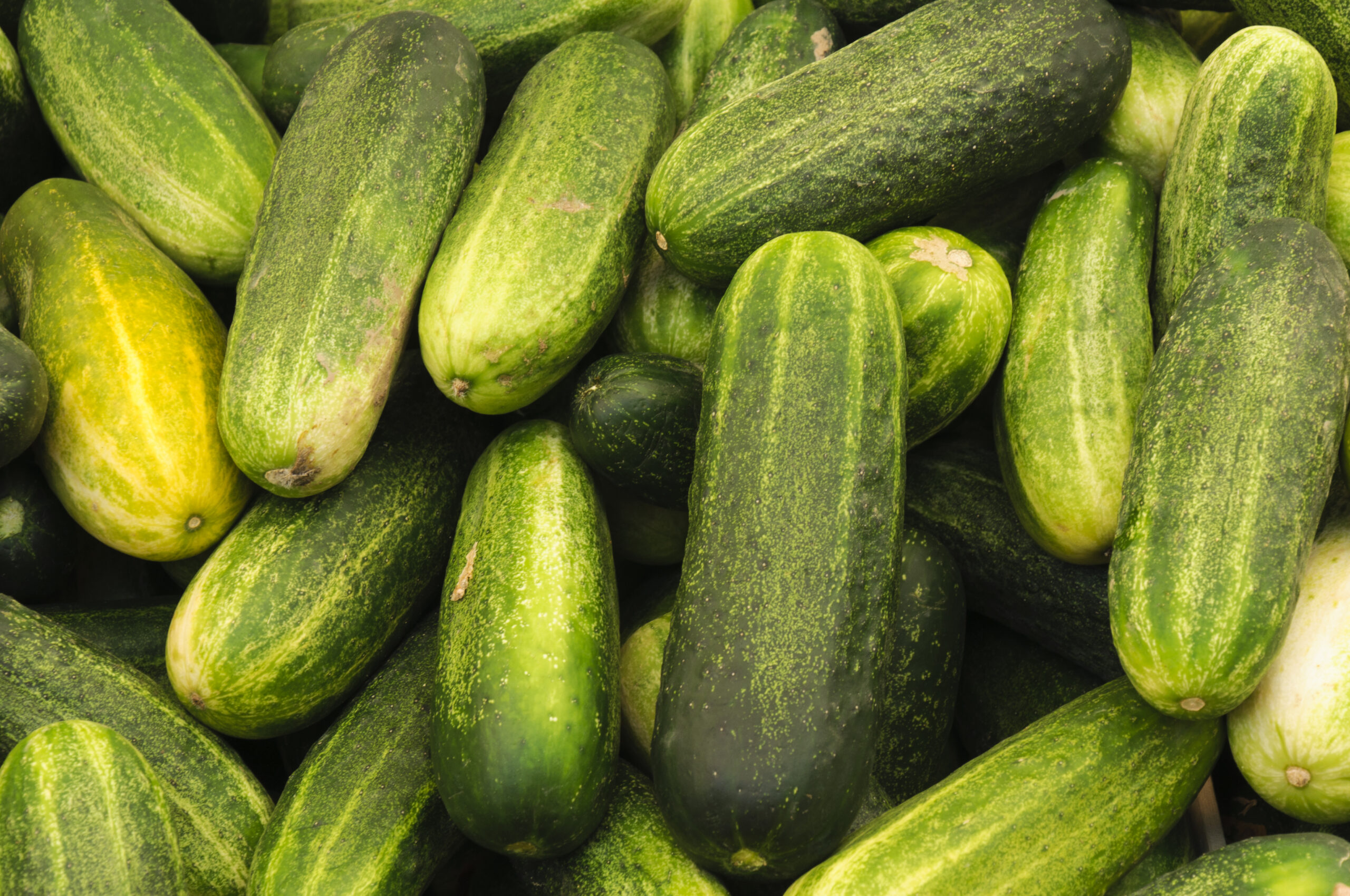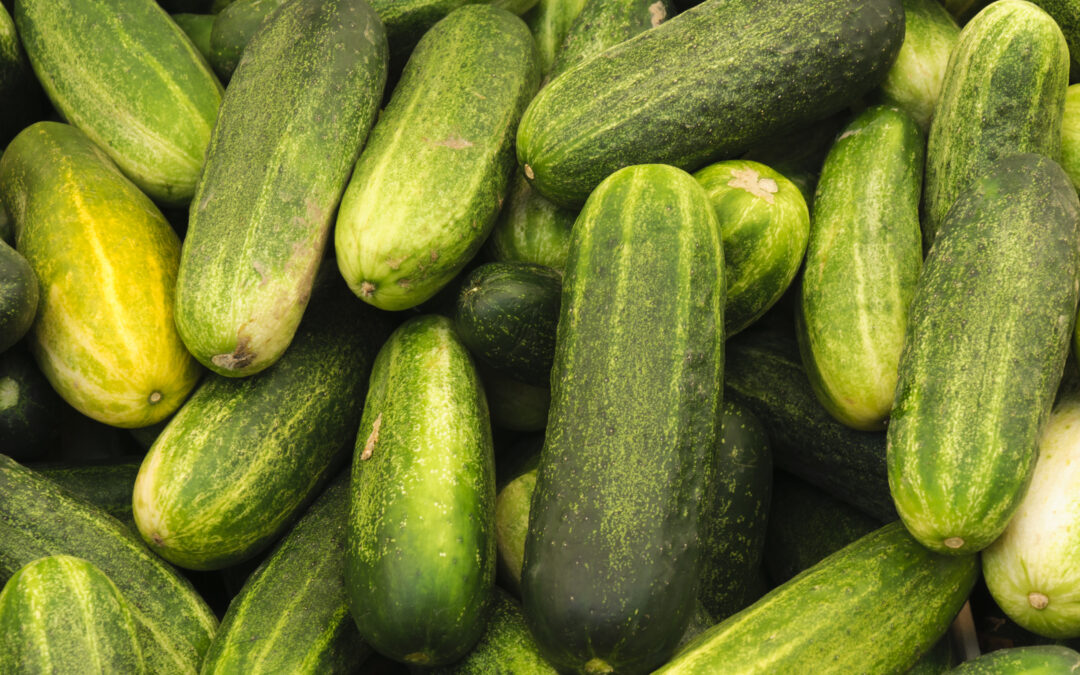Organic gardening is a growing trend that has been gaining popularity over the years. It involves using natural methods to grow plants and vegetables without relying on synthetic chemicals or pesticides. In this blog post, we will explore the benefits of going organic, how you can start your own organic garden, common mistakes to avoid when starting an organic garden, and finally, our conclusion and final thoughts.
Introduction to Organic Gardening
Organic gardening is not only healthier for humans but also better for the environment. By choosing to go organic, you are making a conscious decision to reduce pollution and protect the planet’s resources. Instead of relying on synthetic fertilizers and pesticides, organic gardeners use natural materials like compost, manure, and mulch to nourish their plants. They also practice crop rotation, companion planting, and other sustainable practices to keep their gardens thriving.
The Benefits of Going Organic
There are many reasons why people choose to go organic. Here are some of the most significant benefits:
1. Better Taste – Organically grown fruits and vegetables tend to have a richer, more complex flavor than conventionally grown produce. This is because they are grown in nutrient-rich soil and are allowed to ripen naturally.
2. More Nutritious – Studies show that organic food contains higher levels of vitamins, minerals, and antioxidants compared to conventionally grown crops. This is because organic farming practices encourage the growth of healthy soil, which in turn produces healthier plants.

3. Reduced Pesticide Exposure – Conventional agriculture uses large amounts of pesticides to control insects and diseases. However, these chemicals can be harmful to human health and the environment. By choosing organic products, you can reduce your exposure to these toxic substances.
4. Supports Sustainability – Organic farming practices are designed to minimize environmental impact and promote long-term sustainability. By supporting organic producers, you are helping to preserve the earth’s natural resources and protect its ecosystems.
How to Start Your Own Organic Garden
Starting your own organic garden can be a fun and rewarding experience. Here are some tips to get started:
1. Choose the Right Location – Select an area with plenty of sunlight and good drainage. If possible, choose a spot near a water source to make it easier to irrigate your plants.
2. Build Healthy Soil – The key to successful organic gardening is building healthy soil. Add lots of organic matter like compost, manure, and shredded leaves to enrich the soil and improve its structure.
3. Choose the Right Plants – Select plants that are well suited to your climate and growing conditions. Look for heirloom varieties or open-pollinated seeds that are adapted to your region.
4. Practice Good Garden Hygiene – Keep your garden clean by removing dead plant material and debris. Also, rotate your crops regularly to prevent pests and diseases from taking hold.
5. Use Natural Fertilizers – Instead of using synthetic fertilizers, opt for natural alternatives like compost tea, fish emulsion, or bone meal. These ingredients provide essential nutrients to your plants while promoting a healthy balance of microorganisms in the soil.
Common Mistakes to Avoid When Starting an Organic Garden
While organic gardening can be challenging at times, there are several common mistakes that newbies should try to avoid:
1. Overwatering – Too much water can lead to root rot and other problems. Make sure to monitor your plants closely and adjust your watering schedule accordingly.
2. Underfeeding – Many novice gardeners mistakenly believe that organic means “no fertilizer.” However, plants need nutrients to grow, so don’t forget to feed them occasionally.
3. Ignoring Pest Control – While organic gardening discourages the use of harsh chemicals, you still need to manage pests and diseases. Try using natural remedies like neem oil, garlic spray, or companion planting instead.
Conclusion and Final Thoughts
In summary, organic gardening offers numerous benefits including improved taste, increased nutrition, reduced pesticide exposure, and support for sustainability. To get started, choose the right location, build healthy soil, select appropriate plants, practice good hygiene, and use natural fertilizers. Finally, remember to avoid common mistakes like overwatering, underfeeding, and ignoring pest control. We hope this blog post inspires you to consider organic gardening as a way to live a healthier life while preserving the planet’s resources.





